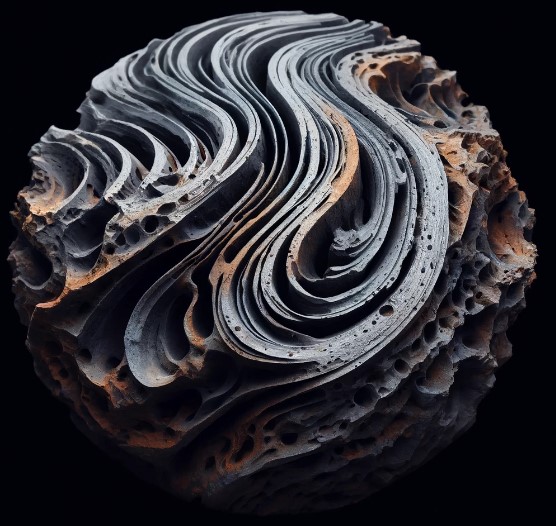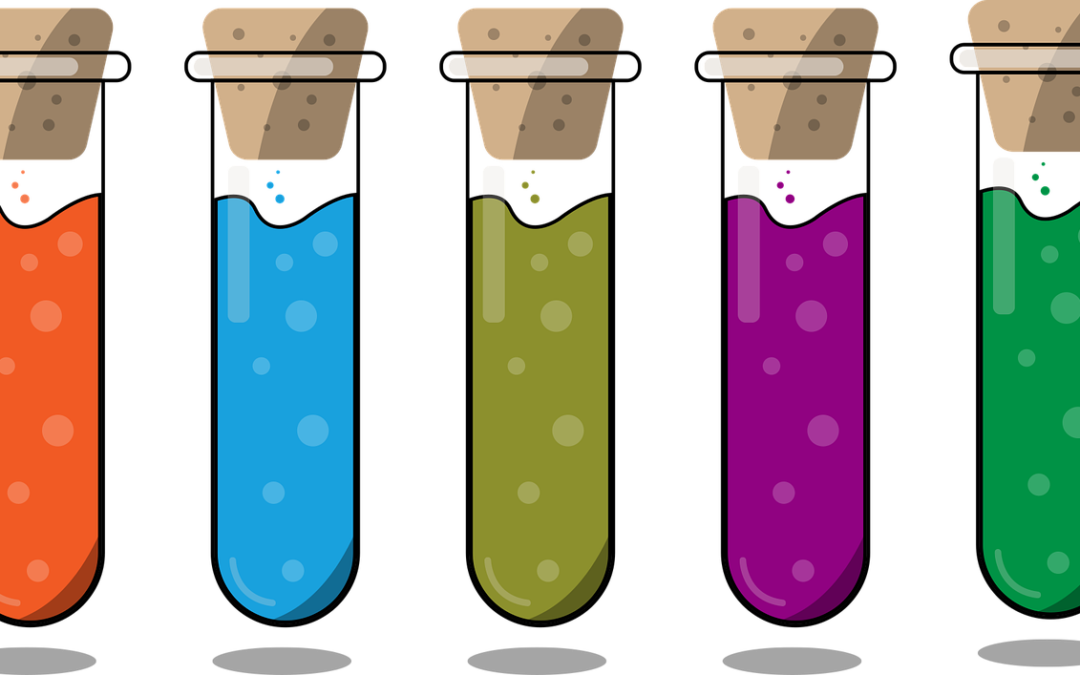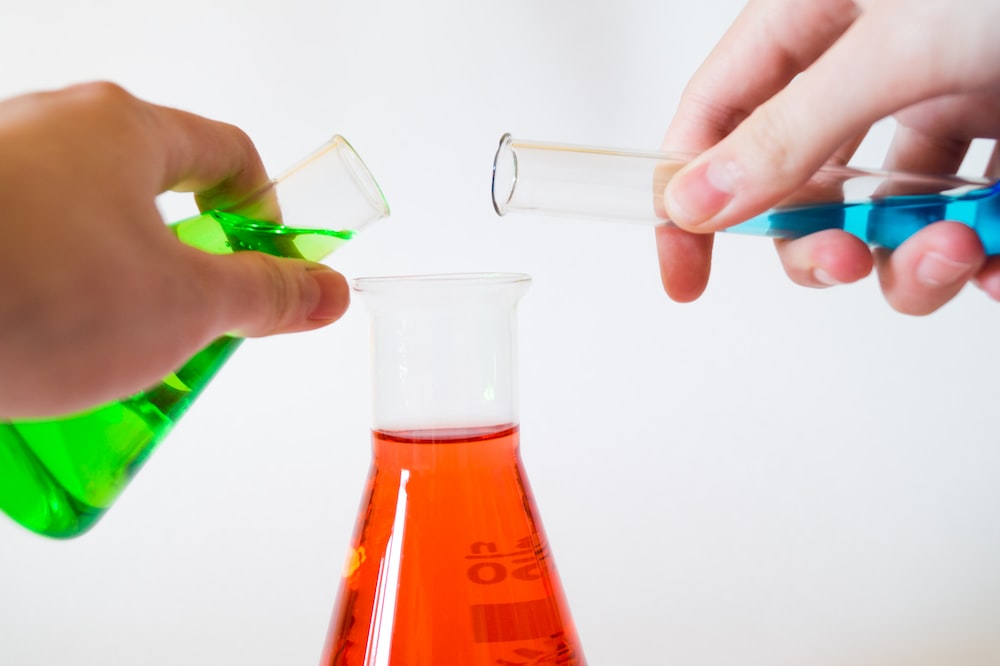New research reveals that penguin guano in Antarctica plays a significant role in climate cooling. Learn how penguin poop affects cloud formation.

ADVERTISEMENT

New research reveals that penguin guano in Antarctica plays a significant role in climate cooling. Learn how penguin poop affects cloud formation.

A new study challenges the laws of thermodynamics revealing unexpected results in liquid mixtures. Learn more about the surprising findings!

Conquer the CBSE Board Exams 2025 with our guide! Learn effective study strategies, time management tips, and overcome exam anxiety for success.

The periodic table is a fundamental tool in chemistry, organizing the elements based on their atomic structure and properties. This systematic arrangement not only facilitates the study of chemical behavior but also provides insights into the relationships between...

Acids, Bases and Salts represent fundamental categories in chemistry that play crucial roles in various chemical reactions and real-world applications. Understanding their properties, behaviour in different reactions, and how they interact with each other forms the...

Puddled iron is a refined form of iron produced through a process known as puddling. It was a significant technological innovation during the early stages of the Industrial Revolution, providing a method to transform crude pig iron into a more malleable and durable material suitable for various applications. The puddling process involves melting pig iron in a reverberatory furnace and stirring it with rods, which oxidizes impurities such as carbon and silicon, resulting in a more refined iron product.

These three types of compounds play crucial roles in various chemical reactions and are important in fields such as chemistry, biology, and industry. Understanding their properties and behavior is fundamental in chemistry and helps explain a wide range of natural and chemical processes.

Based on the information provided, the metal compound A reacts with dilute hydrochloric acid to produce effervescence, and the gas evolved extinguishes a burning candle. Additionally, one of the compounds formed in the reaction is calcium chloride. Let's write the...

When an acid reacts with a metal, hydrogen gas (H2) is usually liberated. The reaction between an acid and a metal is a type of single-displacement or single-replacement reaction, where the more reactive metal displaces hydrogen from the acid, forming a metal salt and...

Curd and sour substances should not be kept in brass and copper vessels because these metals can react with acidic foods, leading to potential health hazards. The main concern is the leaching of toxic metals into the food or liquid being stored, which can contaminate...

Olfactory indicators, also known as smell indicators or odor indicators, are substances that change their smell in the presence of certain chemicals or conditions. They are commonly used in chemistry experiments to detect the presence or absence of specific gases or to determine the pH level of a solution. Olfactory indicators provide a visual and olfactory cue, making it easier for scientists to identify and analyze substances.

Get ready to embark on a journey through the fascinating realm of chemical reactions and equations, where every reaction is a symphony of atoms dancing to the tunes of nature.

The evolution of atomic theory is a long and winding road that has been travelled by some of the greatest minds in history. It began with the ancient Indians in 600 BC who gave the concept of “Parmanu” to Greeks who first proposed that matter was made up of tiny, indivisible particles. The 19th and 20th centuries saw significant advances in our understanding of atoms.

1. The reaction between hydrogen gas and oxygen gas to form water: 2H2 + O2 → 2H2O 2. The reaction between iron and sulfur to form iron sulfide: Fe + S → FeS 3. The reaction between magnesium and oxygen to form magnesium oxide: 2Mg + O2 → 2MgO 4. The reaction between...

A periodic table is a tabular arrangement of chemical elements organized by their atomic number, electron configuration, and recurring chemical properties. The periodic table is one of the most important tools in chemistry, and it is used by scientists and engineers...
A popular topic among agriculture specialists and home gardeners these days is the furore on organic fertilizer vs. chemical fertilizer. Now each fertilizer certainly has its pros and cons, but before we delve deeper into that, let us first make a few...
Using organic fertilizers is a widely accepted practice in the agricultural industry. Farmers use them to cultivate their fields and row crops, winemakers utilize them for growing grapes, and horticulturists apply a liberal dose of these during the landscaping of...
A chemical reaction generally has one or more of the below-mentioned characteristics. Change in state Change in colour Evolution of gas Change in temperature Appearance of light Formation of Precipitate 1> Change in stateCertain chemical reactions are featured with a...
A process in which one or more substances get transformed to produce new substance or substances is called a Chemical Reaction. A chemical reaction involves changes in the position of electrons of atoms by restructuring chemical bonds, with no changes to the nuclei of...